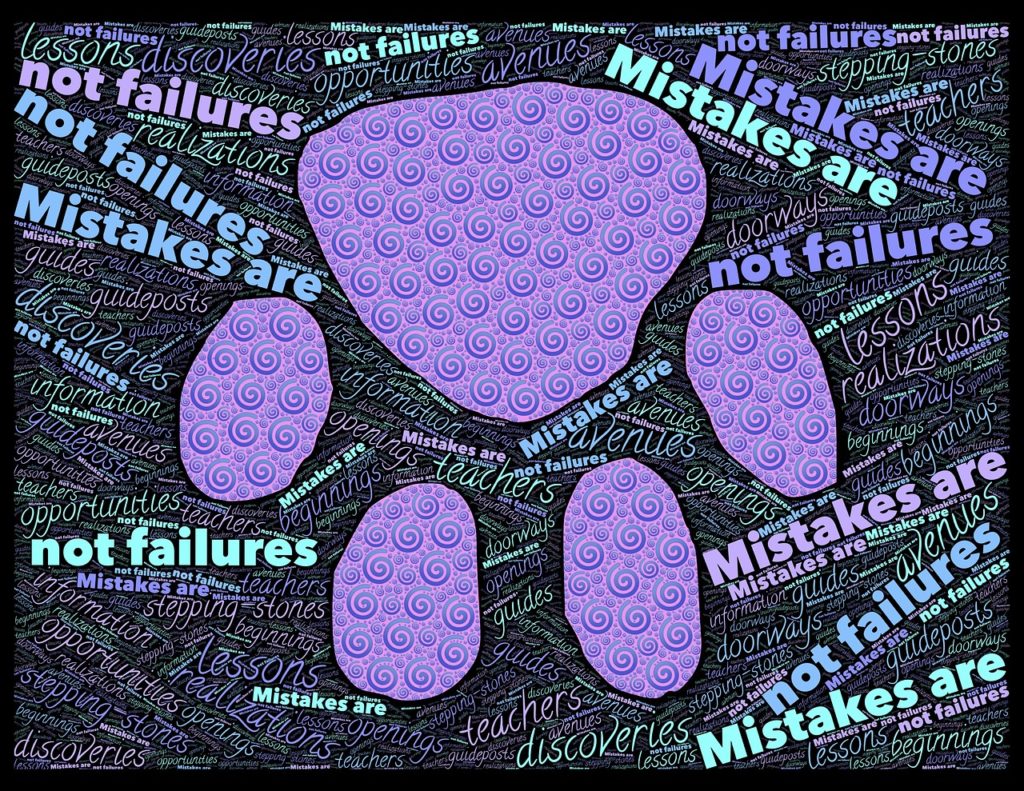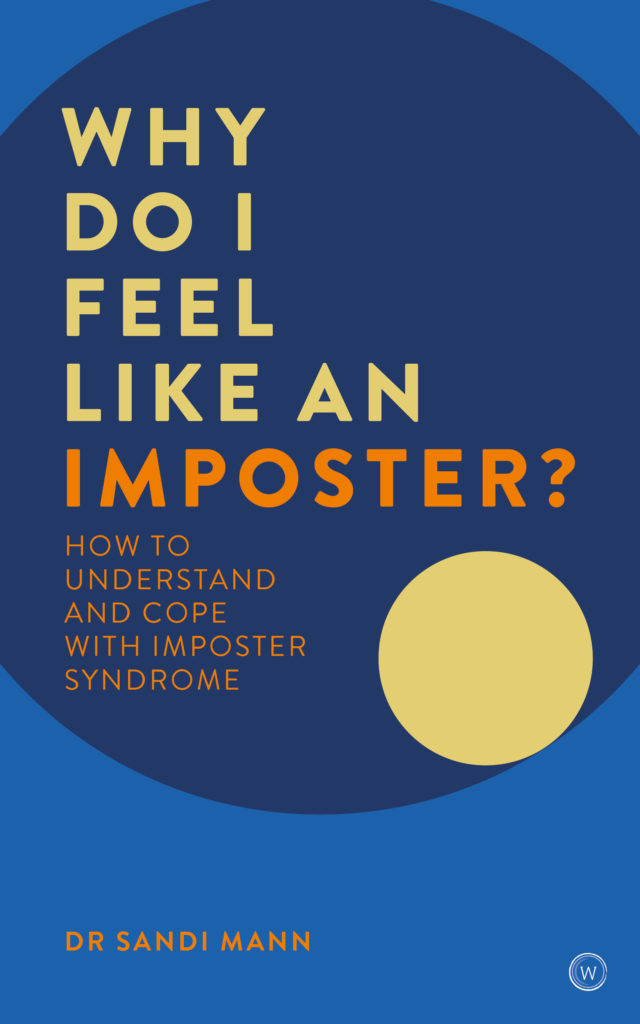Below, Dr Sandi Mann tells us all about imposter syndrome …
Imposter Syndrome can have a severe impact on one’s mental health, causing sufferers to feel anxious and depressed. The anxiety stems from the fear of being ‘found out’ and being exposed as a fake. The depression and low mood is because even if no one finds out, the sufferer themselves knows they are not genuine. Most of us (apart from experienced con artists) need to feel authentic in our lives – that we are the real deal, striving to do our best. If we feel fake, we lose touch with our real selves. So the disconnect grows between who we think we are and the public persona. And we end up stressing over feeling inauthentic.
What Is Imposter Syndrome?
The term ‘Imposter Syndrome’ or ‘Imposter Phenomenon’, was first coined in 1978 by clinical psychologists Pauline R. Clance and Suzanne A. Imes in a paper entitled ‘The Imposter Phenomenon in High Achieving Women: Dynamics and Therapeutic Intervention’. Clance and Imes claim that there are three defining characteristics of Imposter Syndrome.
1 The belief that others have an inflated view of your abilities or skills
2 The fear that people will find you out and expose you as a fake
3 The persistent attribution of success to external factors, such as luck or an extraordinary level of hard work
Research suggests that 70 per cent of us will experience this phenomenon for at least a period in our lives. Although it is more common among high achievers. Successful people can actually be more prone to depression than unsuccessful; CEOs may be depressed at more than double the rate of the general public. Moreover, depression is more common in wealthy countries than in the less wealthy, less industrialized ones. Clearly then, success and wealth may make people more, not less prone to depression. They may appear to have it all, but many are imposters, living with the truth of their own hidden unhappiness.
A significant reason for this may be a lack of meaning in their lives. People who have it all may be more prone to wonder what it all means than those still aspiring to reach the top or simply survive.
How To Cope With Imposter Syndrome
As with any mental health issue, recognition is always the most important first step. it. Once you have acknowledged and understood more about the condition, you can start to work with the recommended strategies for managing your IS and improving your self-confidence.
Exercise One: ‘Come out’ as an imposter
Dare you confess your true imposterish feelings to other people? Many imposters fear ‘coming out’. They feel that if they tell others that they don’t feel they are as good as everyone thinks they are, everyone will realise the ‘truth’ and their cover will be blown. This is why IS has been referred to as a dirty little secret; imposters feel forced to keep the fact that they are imposters a secret but then feel wrong, even sordid, about hiding the truth.
But talking about how you feel can be enormously helpful, especially since the chances are at least 70 per cent of people you know will be feeling the same way. Talk to trusted colleagues or friends, write about it on a blog, however you want to get it into the open, you are likely to find others prepared to ‘come out’ and join you. This knowledge that you are not alone can really help to recognize the syndrome for what it is – a condition that can be managed rather than a reflection on reality.
Everyone Can Make Mistakes!
Exercise Two: Make more mistakes
Imposters have a very low tolerance for things not being perfect, and work far too hard to try to ensure that they don’t make mistakes. This helps to reassure them that they are good enough after all. But this is unrealistic and simply reinforces the syndrome. However, many organizations are beginning to recognise that there is value in making mistakes. It is not just at work that we can learn and benefit from making mistakes.
A Huffington Post article states, ‘mistakes teach us to accept ourselves and that we can be flawed and be loved.’ We have to learn that we are still good enough even if we make mistakes. Our self-acceptance and self-esteem should not be dependent on being perfect because that is an ideal that sets us up for failure. So, we need to learn to be tolerant of our own mistakes and flaws,. We need to know that our flaws do not diminish our overall abilities.
Exercise Three: Identify your Strengths & Challenge how you view success
Society seems to have quite fixed views of what success means. Status and wealth figure highly! But we should challenge that view – after all, money and status do not equate to happiness. Yet, studies repeatedly show that money only make us happy up to a point.
People who suffer from IS tend to focus on their weaknesses and ignore any strengths. Learning to acknowledge what you are good at is an essential part of the process of winning against IS. For this reason, ‘affirming lists’ can be very useful. Using the following suggestions, make your own affirming lists.
Write Down:
- · Ten of your strengths – for example, persistence, courage, friendliness, creativity
- · At least five things you admire about yourself – for example, the way you’ve raised your children or your community work.
- · The five greatest achievements in your life so far – for example, recovering from a serious illness, learning to use a computer
- · At least 20 accomplishments – these can be as simple as learning to use a new app on your phone, or as challenging as getting an advanced college degree
- · 10 things you could do to help someone else
Keep these lists somewhere prominent and easily accessible. Next time you feel those imposter symptoms creep in, get the lists out! Remind yourself that you really are as good as other people think you are!
Why Do I feel Like An Imposter is now available and is the most extensive book out there on Imposter Syndrome. Author Dr Sandi Mann, is a psychologist, University Lecturer and Director of The MindTraining Clinic in Manchester. She has written over 20 psychology books.







